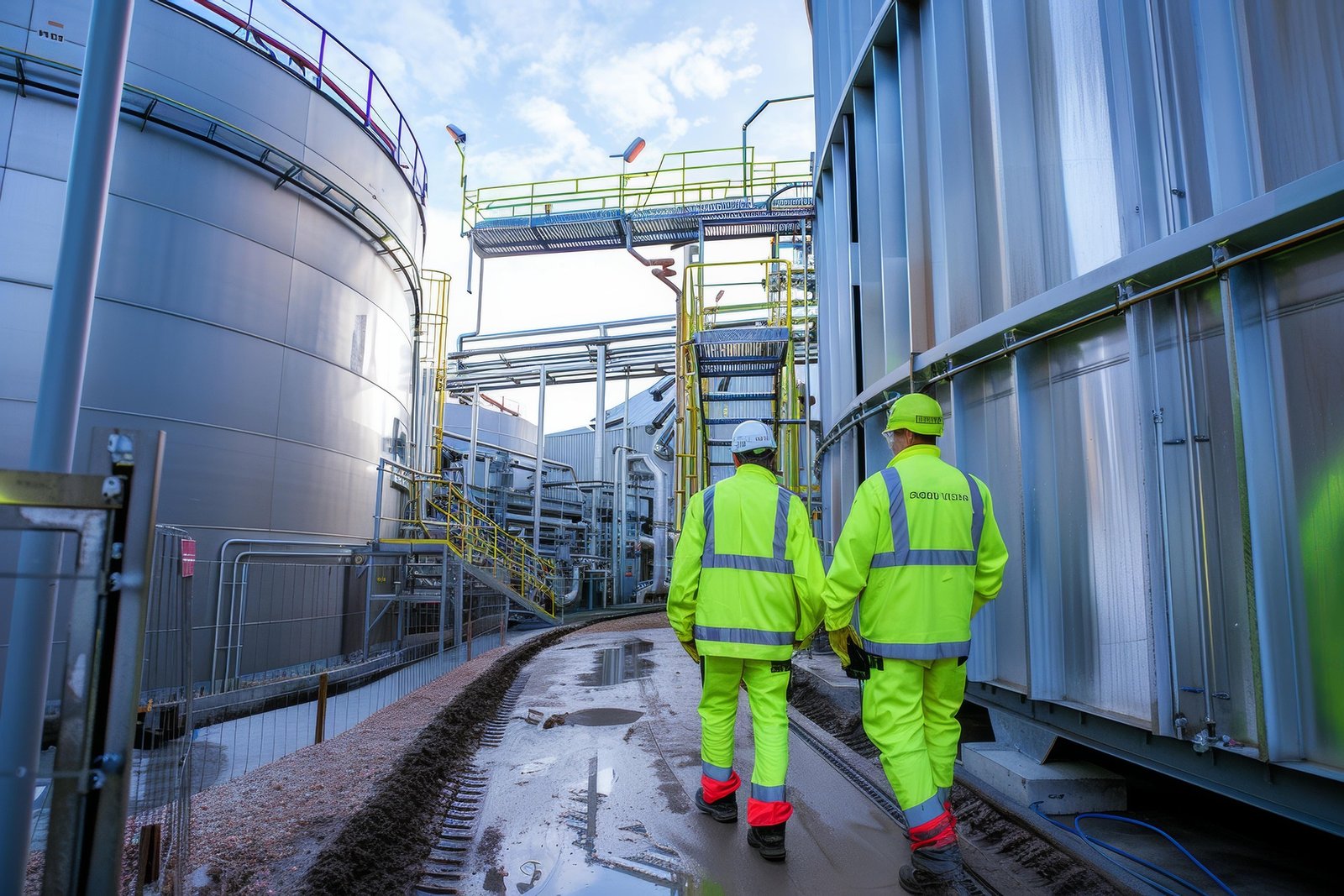What Role Does FSSC 22000 Play in Future-Proofing Food Safety Against Climate Risks?
Climate change is no longer a distant issue — it is already reshaping the global food supply chain. Rising temperatures, unpredictable weather, floods, and droughts all create new food safety challenges. From mold and mycotoxins to supply chain disruptions, food businesses need a system that can adapt.
This is where FSSC 22000 (Food Safety System Certification) comes in. It provides a risk-based, adaptable framework that helps manufacturers prepare for and manage climate-related risks effectively.
1. Addressing Climate-Driven Contamination Risks
-
Warmer, humid conditions increase mold and mycotoxin risks.
-
Floods and droughts affect raw material quality and consistency.
-
FSSC 22000 requires proactive hazard analysis to prevent contamination.
2. Strengthening Supply Chain Resilience
-
FSSC 22000 emphasizes supplier approval and monitoring.
-
Helps companies assess climate vulnerabilities in their supply chain.
-
Builds transparency and trust with retailers and buyers.
3. Risk Management and Business Continuity
-
Integrates food safety with risk-based thinking.
-
Encourages planning for climate disruptions (floods, power outages, raw material shortages).
-
Aligns with ISO management system principles for resilience.
4. Supporting Sustainable Practices
-
FSSC 22000 aligns with UN Sustainable Development Goals (SDGs).
-
Encourages resource-efficient processes to reduce waste.
-
Supports long-term sustainability strategies for SMEs and global players.
5. Enhancing Allergen and Pathogen Control
-
Climate shifts may introduce new allergens or pathogens in food supply chains.
-
FSSC 22000 requires continuous monitoring and control updates.
-
Future-proofs operations against evolving microbiological risks.
6. Improving Traceability and Transparency
-
Certification strengthens product traceability systems.
-
Rapid response to contamination incidents caused by climate shocks.
-
Builds buyer and consumer trust during uncertain supply situations.
7. Competitive Advantage for SMEs and Exporters
-
Retailers and global buyers prefer suppliers with robust systems.
-
FSSC 22000 certification signals preparedness for future risks.
-
Gives SMEs an edge when competing for contracts and exports.
Final Thoughts
As climate risks increase, food safety management cannot remain static. FSSC 22000 provides the adaptability, resilience, and global credibility that manufacturers need to safeguard operations and protect consumers in a changing world.
👉 At CAYS Scientific, we help SMEs and food businesses implement FSSC 22000 systems that not only meet certification needs but also prepare for climate-driven challenges.




